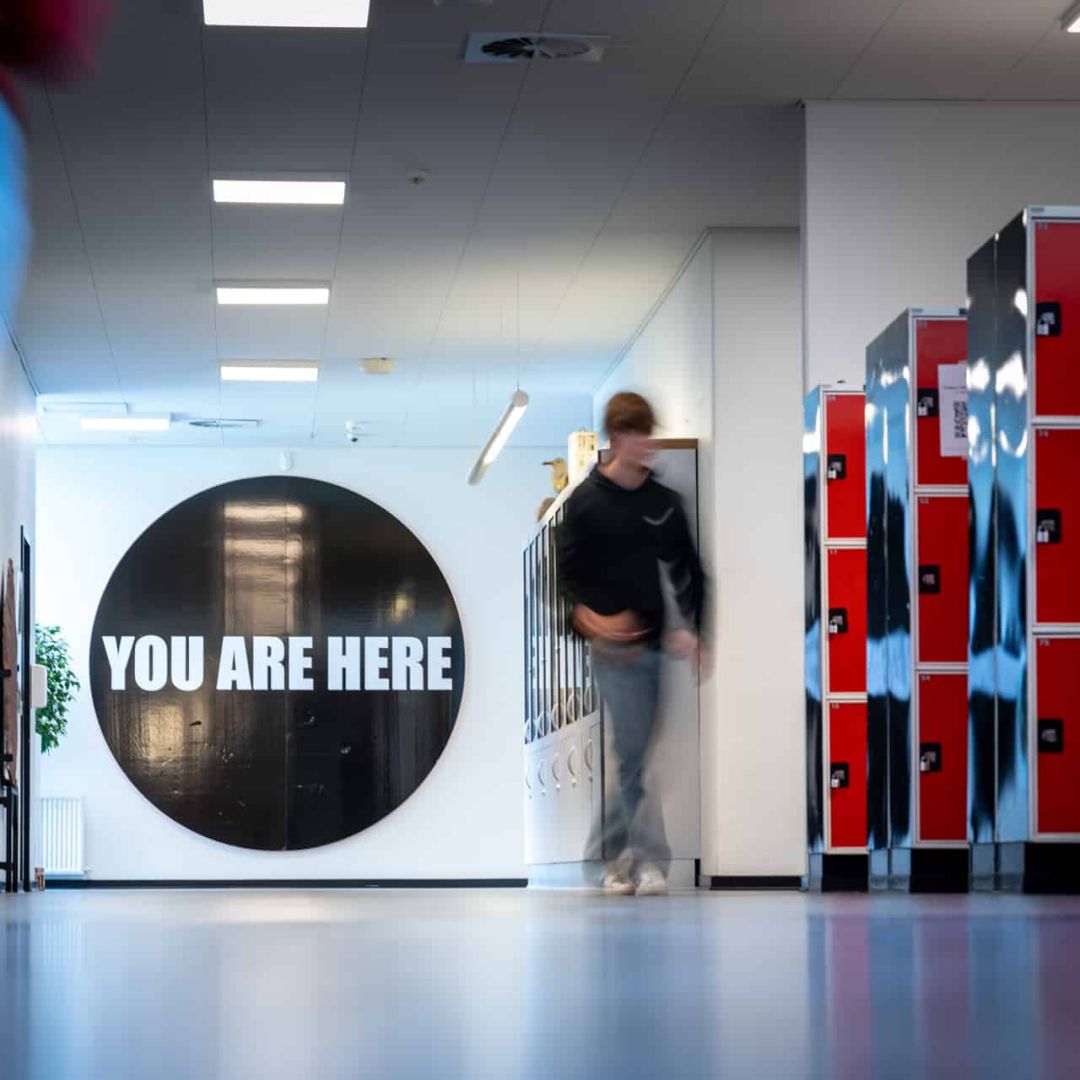CAS – Creativity, Activity and Service
Presentation of CAS at KG
CAS is short for Creativity, Activity and Service. It is a framework for experiential learning, designed to involve students in challenging new roles. The emphasis is on learning by doing real tasks that have real consequences and then reflecting on these experiences over time in order achieve personal development. The process of planning, doing, then reflecting on what has been achieved, provides an excellent opportunity to extend what is learned in the classroom.

CAS programme
When you look at the IB Diploma programme icon you see that CAS is central to the IB programme. That is also the reason why any students not passing CAS will not be awarded the IB diploma. Compared to the other subjects, CAS is also special since it is taking place outside the ordinary timetable!
The CAS programme must be followed regularly throughout the two years of the Diploma Programme and requires a total of minimum 180 hours (equivalent to 2-3 hours per school week!) to be spent in the three sub categories during this period – with time distributed reasonably evenly between C, A and S. Creativity is interpreted as imaginatively as possible to cover a wide range of arts and other activities outside the normal IB-curriculum (e.g. music, drama/theatre, dancing, arts). These experiences may also include creative thinking in the design and carrying out/planning of action and service experiences/projects. Experiences can include participation in expeditions, individual and team sports, and many different kinds of physical activities which may also be involved in carrying out creativity and service experiences/projects. Service involves interaction such as the building of links with individuals or groups in the community and providing help where needed. The community may be the school, the local district, or it may exist at national or international levels. Service experiences/projects should not only involve doing things for others, but also doing things with others and developing a real commitment with them.
We distinguish between experiences that last for less than 10 hours and projects that last for 10 hours or more. We encourage the students to aim for projects in each category and avoid experiences lasting for less than 5 hours (since these often give rise to only limited personal development!). Beside that we require of each student to have at least one long term project (stretching over more than 4 months) and a service project helping out an official voluntary organisation in the local community.
From the above “hour counting” might seem like the most important aspect of CAS. This is however not the case. CAS is quality, not quantity! (the number of hours are just guidelines).
CAS programmes are not rated on the regular 7 scale, but in order to complete CAS the student must fulfil the 7 learning outcomes by proving that they have:
-
Identify own strengths and develop areas for growth
-
Demonstrate that challenges have been undertaken, developing new skills in the process
-
Demonstrate how to initiate and plan a CAS experience
-
Show commitment to and perseverance in CAS experiences
-
Demonstrate the skills and recognize the benefits of working collaboratively
-
Demonstrate engagement with issues of global importance
-
Recognize and consider the ethics of choices and actions
Some of these are demonstrated in several experiences/projects while others will be displayed only two times. It is crucial that one experience/project targets only 1-2 of the above learning outcomes in order to keep focus! The school will offer some experiences/projects for students which meet the aims of CAS, but to ensure a variety of experiences/projects and an interesting individual balanced programme it is much better that students bring forward their own ideas and arrange experiences/projects which meet their own needs. The three aspects of CAS may be carried out separately, or even better two or three aspects could be integrated into the same experience/project.


